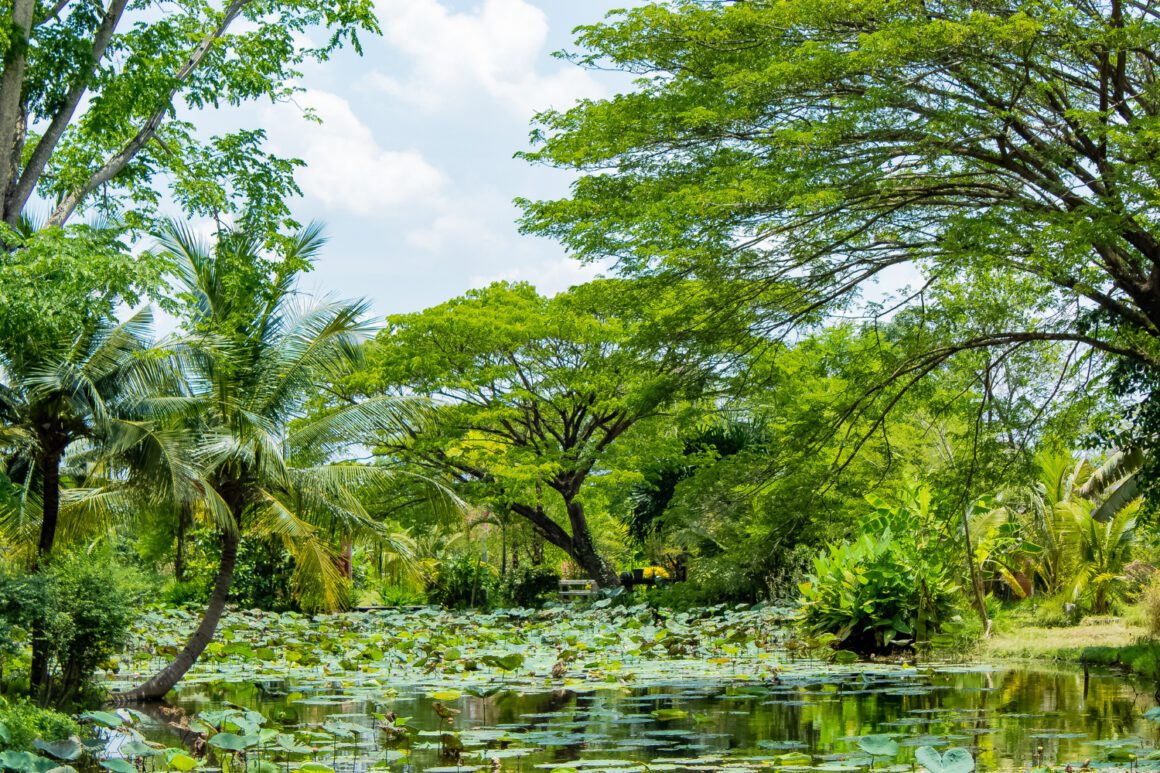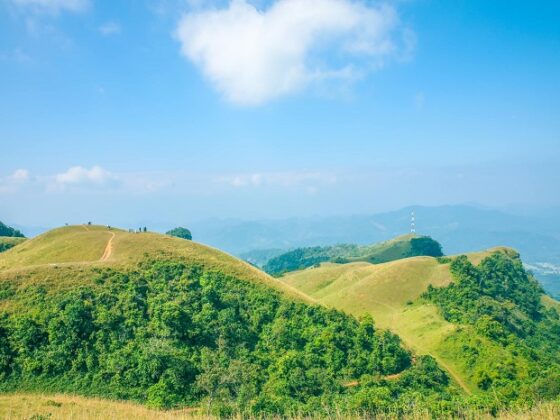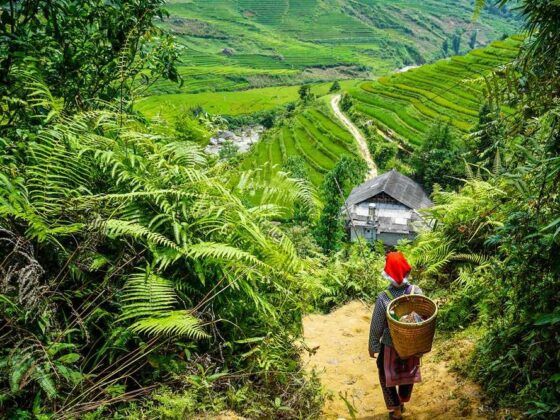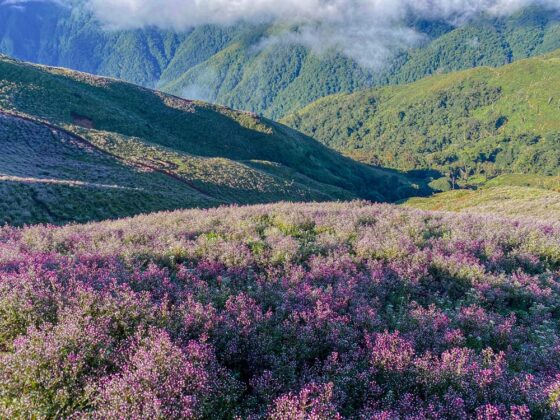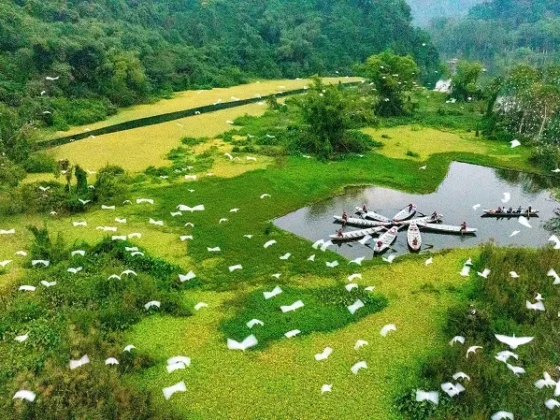Table of Contents Show
✍️ AI is summarizing:
Recent research reveals alarming changes in the world’s tropical forests, with climate change impacting temperatures in 66% of Key Biodiversity Areas (KBAs). These critical regions are home to a wealth of species and ecosystems, making the findings particularly concerning as they highlight the urgent need for conservation efforts to prevent tropical forest biodiversity loss.
Related post:
- Plan Your Sustainable Adventure: A Complete Guide
- Struggling to Improve Running Endurance? Here’s What to Do
- Encourage Outdoor Play for Children: Practical Tips and Strategies
The scope of temperature changes
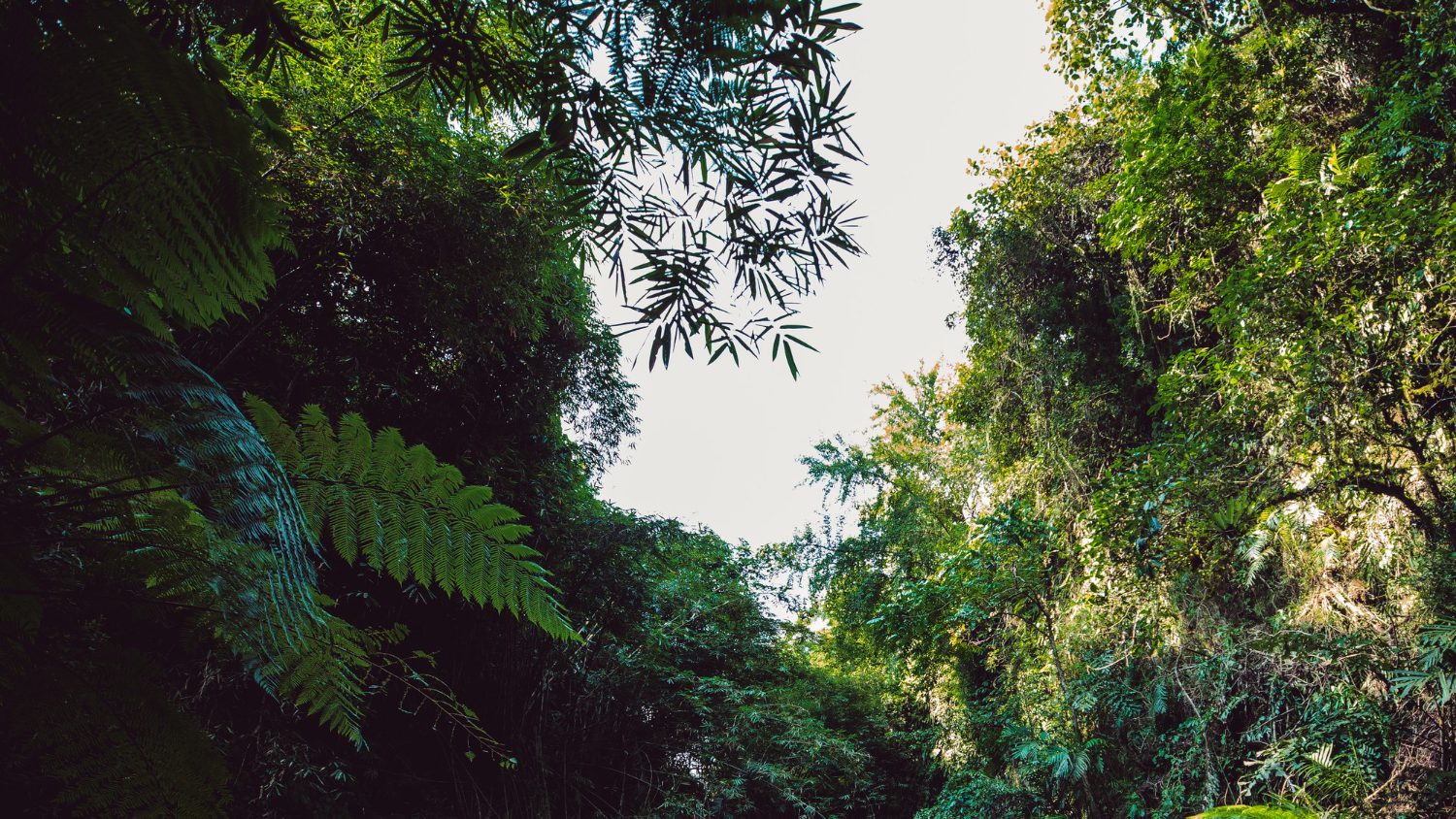
Conducted over three decades, the study analyzed temperature conditions beneath the canopies of tropical forests across various regions. The results indicate that a significant portion of these KBAs have begun to experience new temperature regimes.
Specifically, over 40% of temperature measurements now fall outside the ranges previously recorded, suggesting a profound shift in climate conditions leading to tropical forest biodiversity loss.
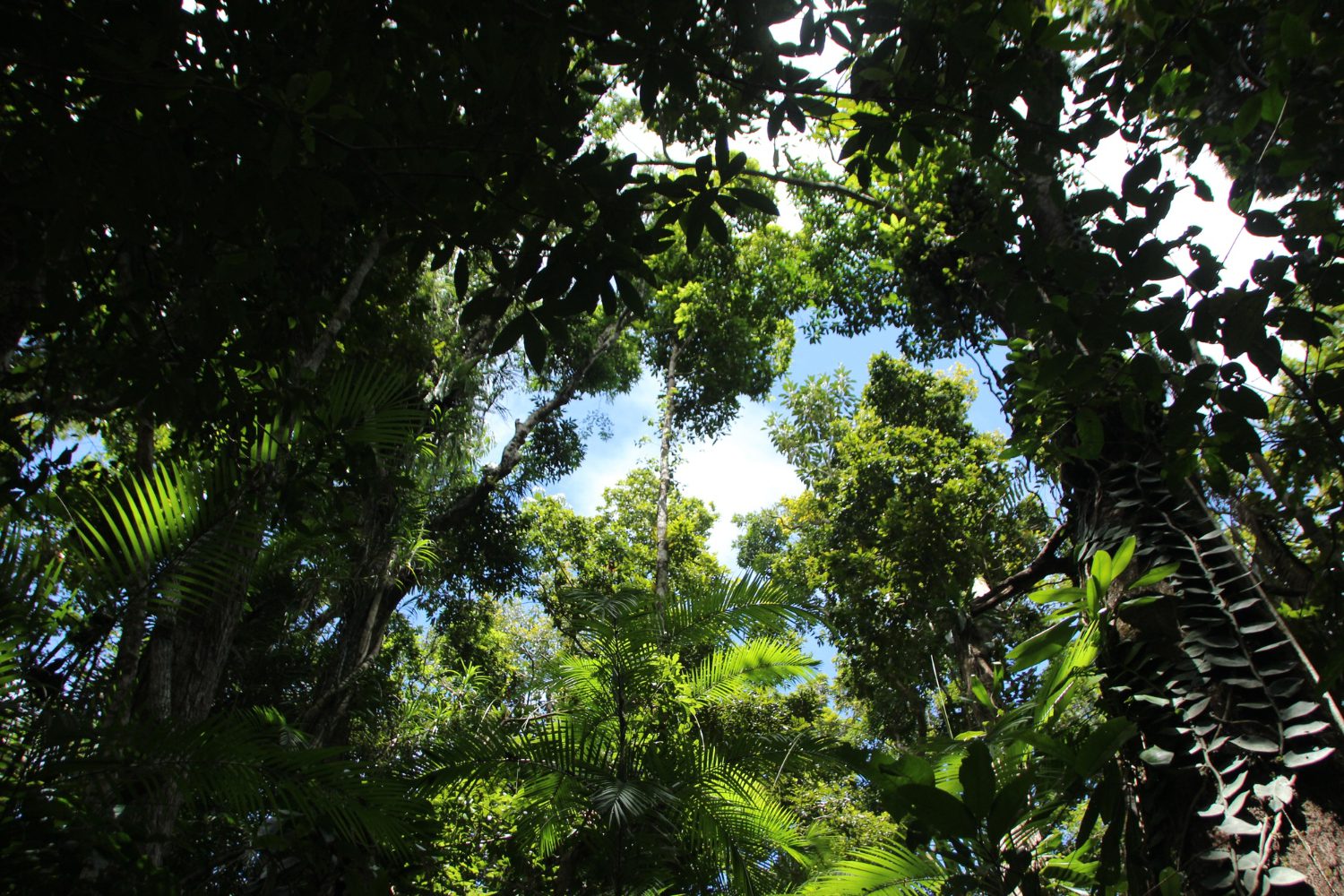
While 34% of the KBAs have maintained their historical temperature patterns, researchers note that these areas could become crucial refuges for biodiversity as conditions change elsewhere.
Dr. Brittany Trew from the Environment and Sustainability Institute at the University of Exeter emphasizes that species in these stable climates are particularly vulnerable. Many of them have evolved under narrow temperature ranges and may struggle to adapt to even slight increases in warmth, exacerbating tropical forest biodiversity loss.
Urgent call for conservation action: stopping tropical forest biodiversity loss
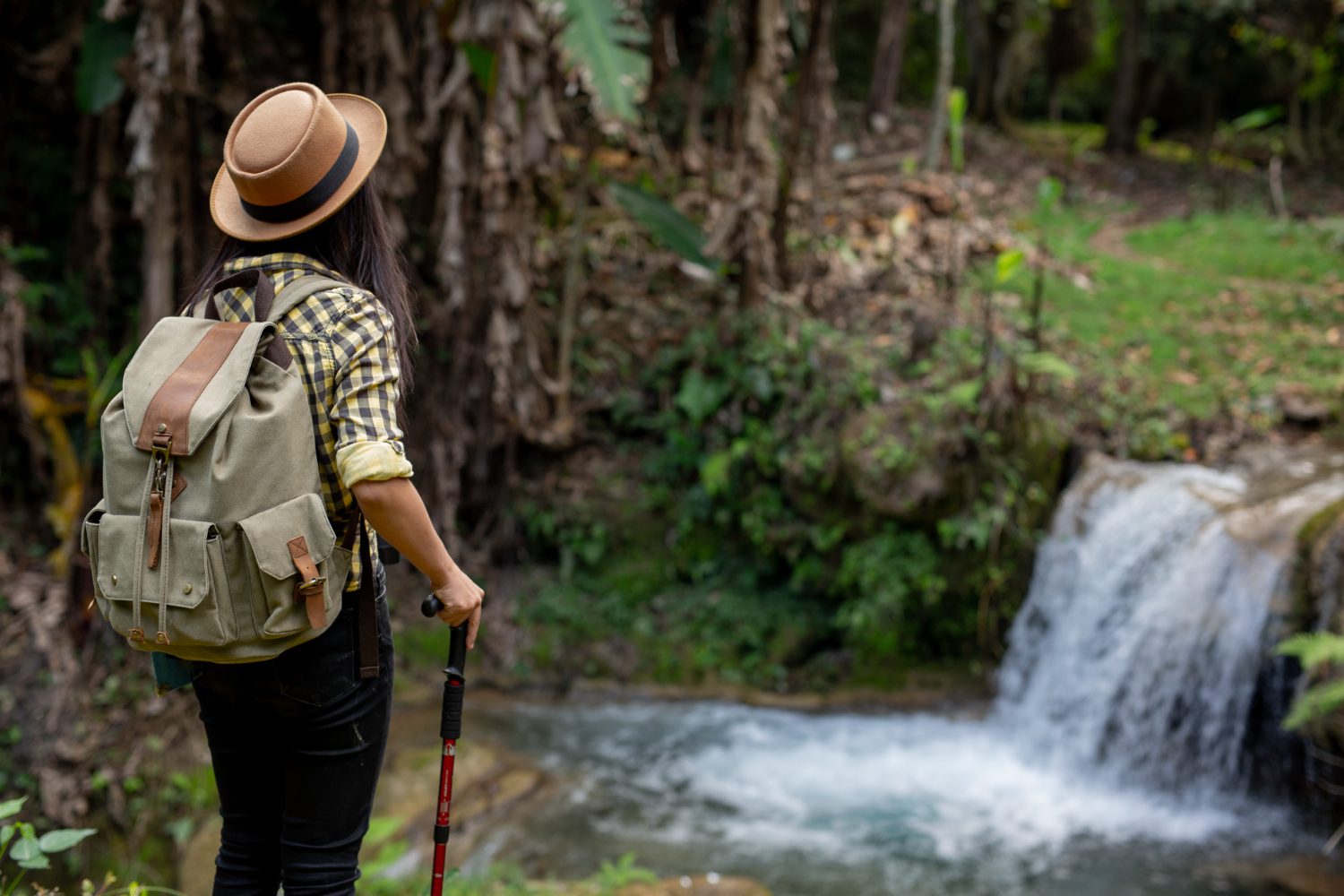
The study, published just before the United Nations Biodiversity Conference (COP16) in Colombia, calls for immediate action. Dr. Alexander Lees, a biodiversity expert at Manchester Metropolitan University, stresses that the current level of political and economic investment in biodiversity protection is severely lacking. He argues that conservation strategies must adapt to include the impacts of climate change, particularly when prioritizing new protected areas.
Many actions need to be taken to prevent future tropical forest biodiversity loss. The Post-2020 Global Biodiversity Framework aims to address these challenges by proposing the conservation of at least 30% of the global land area by 2030, with a strong focus on KBAs. However, the research highlights a significant loophole: KBAs do not automatically receive formal protection, as that decision lies with national governments.
The role of local communities in preventing tropical forest biodiversity loss
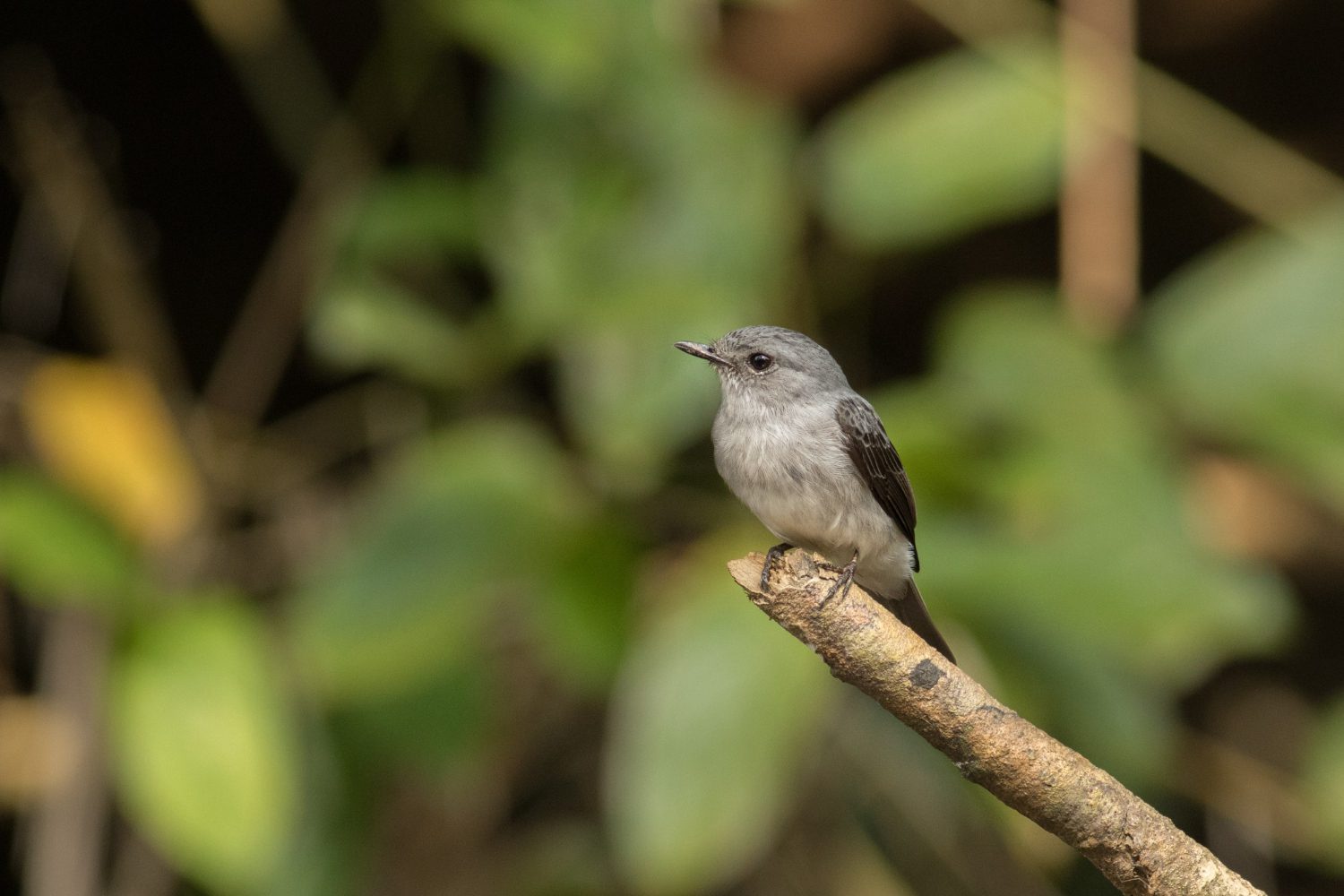
Local communities play a vital role in the stewardship of these Key Biodiversity Areas. Often residing in or near tropical forests, these communities possess traditional knowledge and practices that can enhance biodiversity conservation strategies. Their involvement ensures that protective measures are culturally relevant and sustainable.
That makes their involvement critical in the fight against tropical forest biodiversity loss. Collaborative efforts among local communities, scientists, and policymakers can lead to more inclusive conservation approaches. Engaging those most affected by environmental changes in decision-making processes is crucial for effective and lasting conservation efforts.
Technological innovations and future strategies to combat tropical forest biodiversity loss
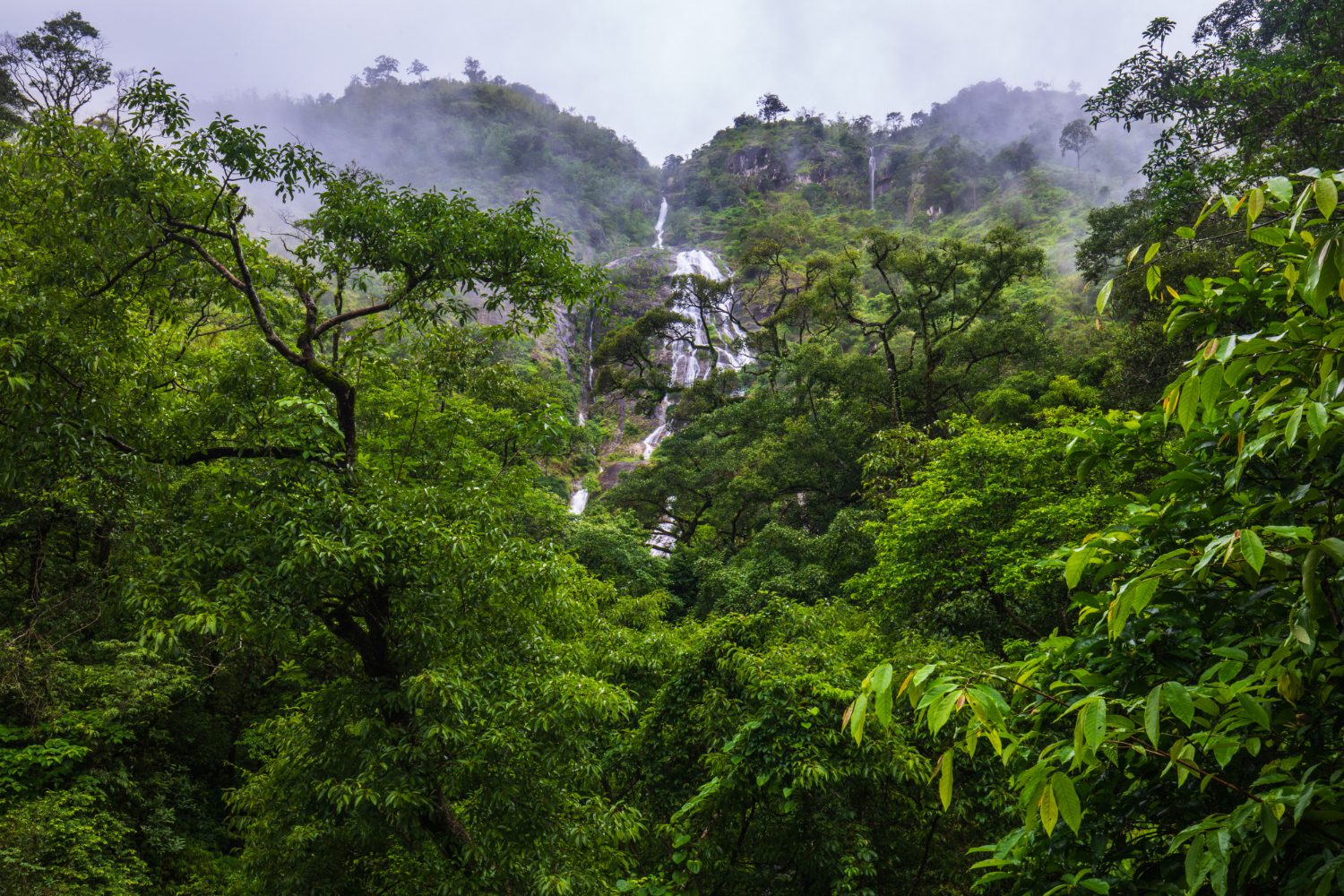
To combat the challenges posed by rising temperatures, innovative solutions are essential. The use of advanced technologies, such as remote sensing and machine learning, can improve our ability to monitor and predict changes within KBAs. These tools can enhance our understanding of the impacts of climate change, allowing for more effective adaptive management practices.
Moreover, fostering global networks and partnerships can facilitate the sharing of knowledge and resources necessary for implementing these strategies. By embracing both cutting-edge technology and integrative conservation approaches, we can develop robust plans that balance ecological preservation with societal needs.
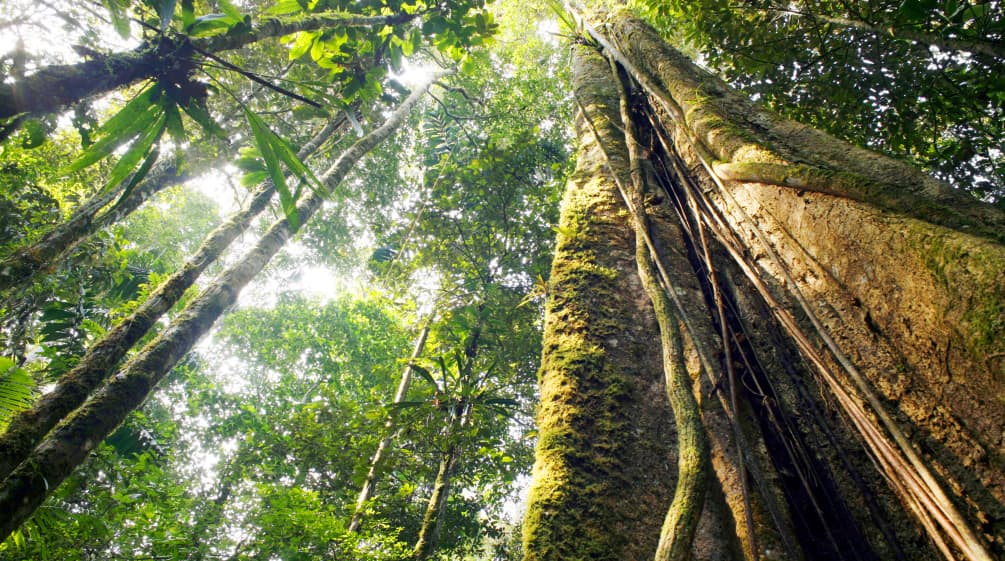
Explore and protect tropical forests with ExoTrails! Discover trails within protected KBAs, learn about local conservation efforts, and contribute your observations to monitor biodiversity and combat tropical forest biodiversity loss.
Conclusion
This research can help us fight tropical forest biodiversity loss. Moreover, fostering global networks and partnerships can facilitate the sharing of knowledge and resources necessary for implementing these strategies. By embracing both cutting-edge technology and integrative conservation approaches, we can develop robust plans that balance ecological preservation with societal needs.
The responsibility to protect our natural world lies with all of us. By taking proactive steps towards conservation and embracing sustainable practices, we can work to ensure a thriving future for tropical forests and the myriad of species that depend on them. The time to act is now. Follow our official Facebook page now to receive more interesting information.

